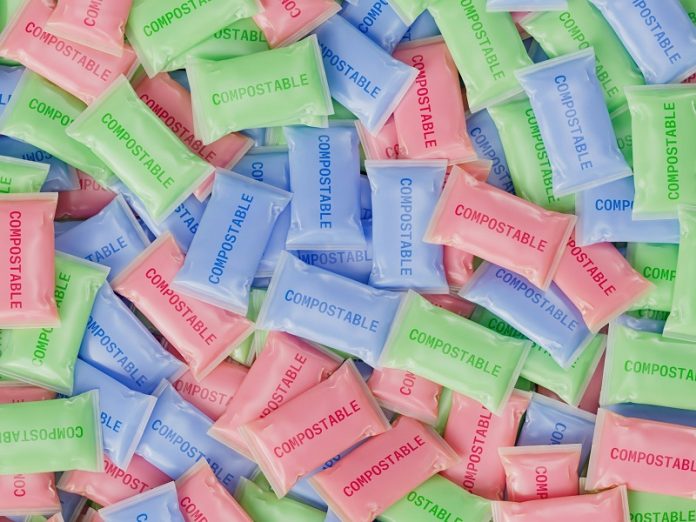
A new study has found that sucralose, a common calorie-free sweetener, may affect the brain in unexpected ways—especially when it comes to hunger.
Scientists at the University of Southern California (USC) discovered that sucralose can increase activity in the part of the brain that controls appetite and weight.
This effect was most noticeable in people with obesity.
The research, published in Nature Metabolism, shows how sucralose, which is used in many “sugar-free” foods and drinks, might actually make people feel hungrier rather than help them eat less.
“People often turn to sugar substitutes like sucralose to cut calories, but we don’t fully understand how these sweeteners affect the body and brain,” said Dr. Kathleen Page, lead author of the study and director of the USC Diabetes and Obesity Research Institute.
To explore this, researchers ran a controlled experiment with 75 adults. Each participant took part in three separate sessions where they drank either plain water, a sugar-sweetened drink, or a sucralose-sweetened drink.
The scientists then measured brain activity using scans, collected blood samples, and asked participants how hungry they felt before and after each drink.
The results were surprising: compared to sugar, sucralose increased brain activity in the hypothalamus—the brain’s hunger center—and made people feel hungrier, especially those with obesity. Unlike sugar, sucralose didn’t boost levels of important hormones that help the body feel full, like insulin and GLP-1.
Dr. Page explained that the brain expects calories when it tastes something sweet. If those calories don’t come, as with sucralose, it might confuse the brain’s appetite signals, making a person crave more food later on.
Brain scans also showed that sucralose affected how different areas of the brain communicate. It increased activity between the hypothalamus and areas linked to motivation and decision-making. This could mean that sucralose doesn’t just make people hungrier—it might also change their cravings and food choices.
Interestingly, women showed stronger brain responses to sucralose than men. This suggests that sweeteners may affect people differently depending on their sex.
The USC team is now studying how sugar substitutes affect children and teenagers, who consume the most sugar-free products. Dr. Page said it’s important to understand how these sweeteners influence developing brains, especially since childhood is a key time for forming eating habits.
The study raises important questions about the long-term effects of sugar substitutes and whether they really help with weight control.
If you care about brain health ,please read studies about Vitamin B9 deficiency linked to higher dementia risk, and cranberries could help boost memory.
For more health information, please see recent studies about heartburn drugs that could increase risk of dementia, and results showing this MIND diet may protect your cognitive function, prevent dementia.



